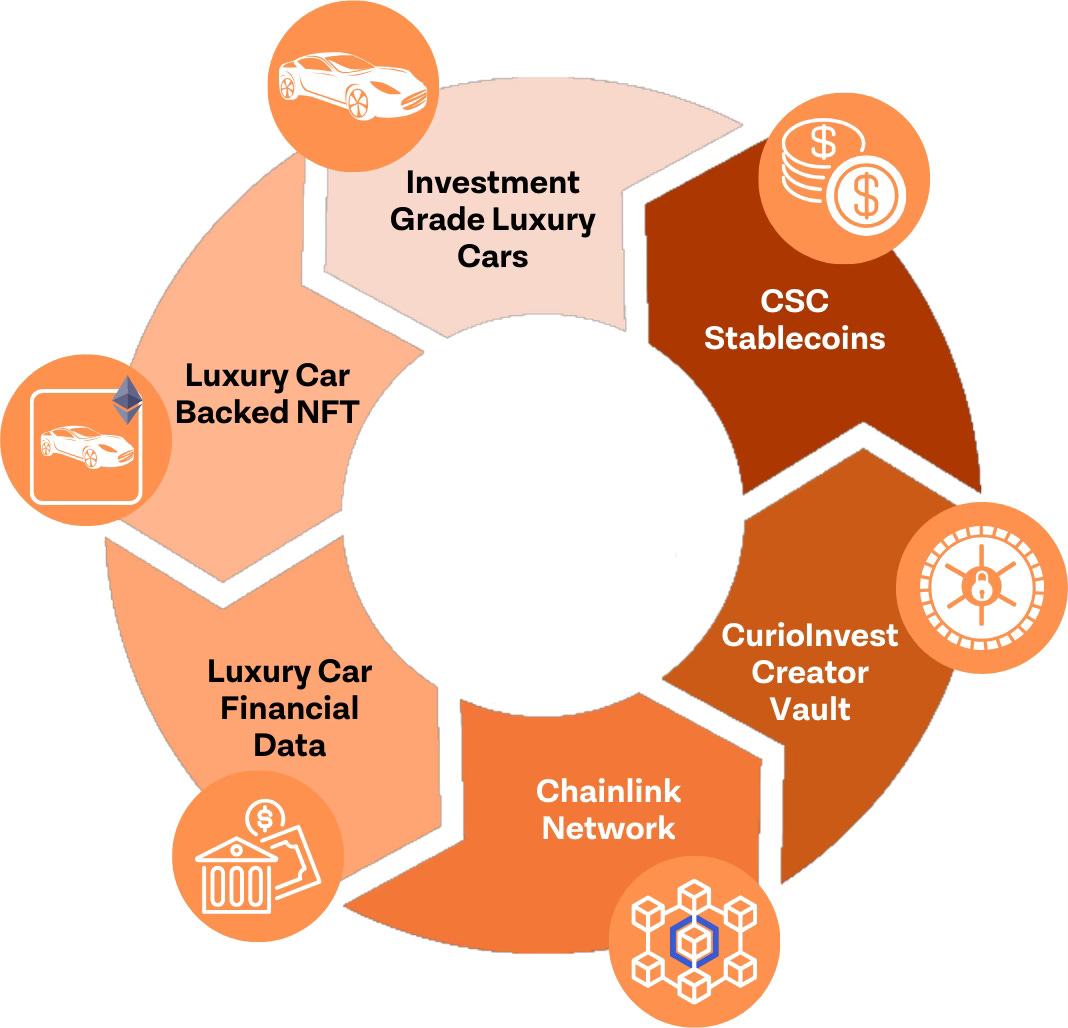Tokenization in Automotive Retail
The New Frontier — Asset Liquidity
Tokenization, the revolutionary process of converting real-world assets like stocks, bonds, and carbon credits into digital assets stored on a blockchain, is influencing various industries, and automotive retail is no exception. As blockchain’s influence grows in sectors like art, gaming, and finance, its potential in the automobile industry becomes increasingly clear. Boston Consulting Group predicts that by 2030, tokenization will burgeon into a staggering $16 trillion industry, and automotive retail stands to gain from this massive financial shift.
Here’s how tokenization is driving innovation in automotive retail:
Enhanced Car Ownership and Trading: Taking cues from Bank of America’s report on the $1 billion tokenized gold market, it’s foreseeable that vehicle titles could be tokenized. This would expedite car trades, sales, and ownership transfers, all while ensuring transparency and reducing fraudulent transactions.
Unlocking Liquidity: Much like other illiquid asset classes, vehicles can be tough to leverage or monetize without a sale. Tokenization, as emphasized by the New Value report, offers 24/7 market access, potentially transforming how we view vehicle ownership and value.
Cost and Efficiency Gains: Digitalizing automotive assets could significantly reduce transaction fees, management costs, and insurance premiums. Moreover, automation and programmability associated with digital assets could streamline automotive retail operations.
Expansion into New Sectors: As noted by Marc Beckman from NewYork University, tokenization’s potential isn’t limited to high-end vehicles or classic cars. It could stretch to various automotive-related sectors, even commodities like motor oil, vehicle parts, or other related assets.
Role of CBDCs: As Central Bank Digital Currencies gain traction (with 90% of global central banks exploring them), their integration into the automotive sector could reshape how we view vehicle pricing, transactions, and international trades.
Future Possibilities: Beyond the mere ownership of vehicles, Ripple’s Head of Liquidity Products, Brad Chase, envisions a future with complex derivatives, options, and other algorithm-based innovations all built on a blockchain foundation. This could lead to a diverse range of financial products related to vehicles, from car leasing options to value-backed tokens for rare or classic cars.
The automotive retail industry is poised for a significant transformation as tokenization continues to gain momentum. It’s more than a fleeting trend; tokenization represents an extensive overhaul in businesses’ operations. In automotive retail, this could mean a future where vehicle ownership, trade, and value are as seamless, transparent, and efficient as sending an email.



